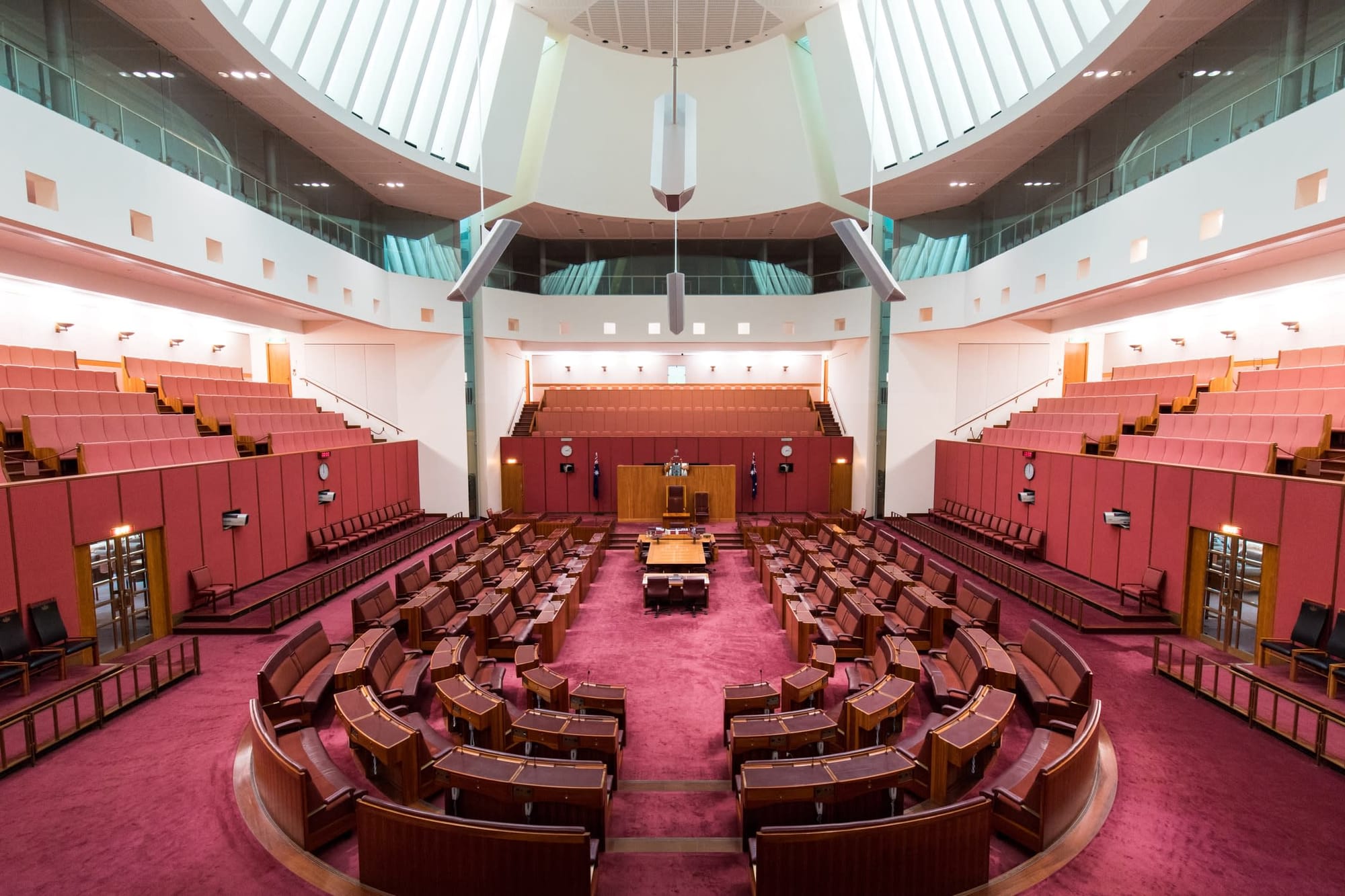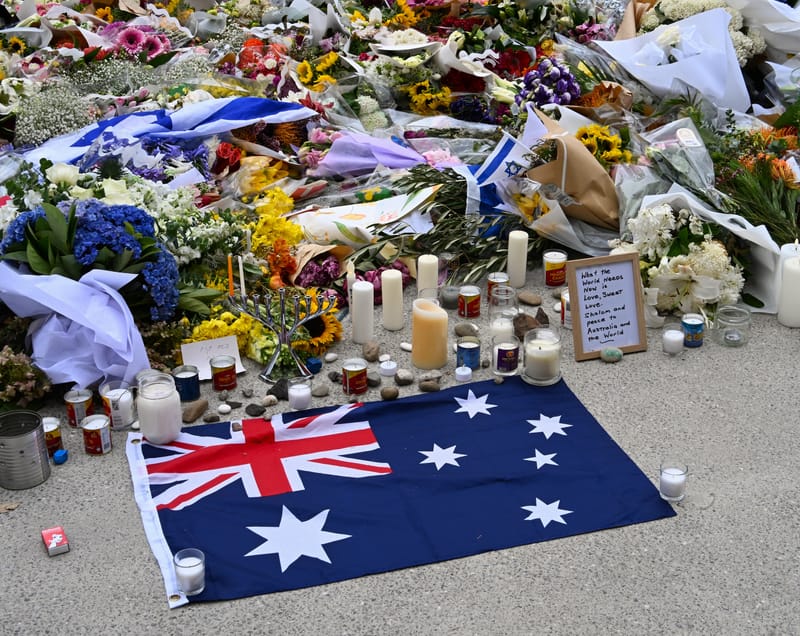
Counting for the 2019 Australian election is nearly over. Numbering among the victors are, somewhat surprisingly, the Liberal and National parties and their respective leaders, who all continue on in government, and a handful of independents including Zali Steggall, who defeated former Liberal leader Tony Abbott in the seat of Warringah. One Nation, the Greens and Jaqui Lambie have done well in the Senate, and may yet be joined by other cross-benchers.
Labor, Bill Shorten, the opinion polling industry and swaths of the political commentary community were the big losers on 18 May.
Labor was obviously so convinced it would win this election it took the opportunity to campaign on a host of complex policy proposals that proved very difficult to explain, let alone defend.
The pollsters contributed to the sense of an inevitable victory by declaring Labor to be ahead of the Coalition in every poll taken since the 2016 election. Commentators, meanwhile, drew on history to hypothesise that, having dumped its leaders, neither the Liberal nor the National parties could avoid being punished by the electorate for their hubris. A betting company was so convinced by all of this it paid out early to anyone who had bet on Labor.
There's now an edge to post-election analysis as the political class try to explain how it got it all so wrong, and thus avoid the uncomfortable proposition that all of them to a gender-non-specific person are out of touch with the community. In so doing, it's worth bearing some points in mind.
History repeats
First, this isn't the first time an election outcome has defied general expectations. In 2004, John Howard and the Coalition defeated Mark Latham and the ALP following a long period in which the polls had suggested that a change of government might occur.
Even more famously, in 1993 the then opposition leader John Hewson oversaw a major policy manifesto called Fightback! as the blueprint for government once the long-serving Labor government with Paul Keating as its prime minister was defeated. Of course, Labor won the 1993 election, and the lesson that was supposed to be learned from this was that an opposition should never go to the electorate with extensive and sometimes unpopular policy proposals. It would appear Bill Shorten was away the day this lesson was being taught.
A close call
Second, it must be remembered that the 2019 election result was in fact very close. The result was a triumph for the Coalition, but it wasn’t a Labor wipeout.
Claims that Labor lost because it alienated its base are not correct. While there were swings against Labor candidates in safe seats such as Hunter, in other places such as Ballarat and Bendigo the Labor two-party vote increased, and Labor candidates had significant victories against the Liberals and the Greens in a number of inner-city divisions, including Cooper, Wills and Macnamarra.

Labor’s problem was the failure of the traditionally marginal swinging seats in the middle to outer-suburban areas of Melbourne and Sydney, or regional districts such as Bass and Braddon in Tasmania to swing to the opposition.
The newly elected Morrison government has a wafer-thin lower house majority. With one exception, the lower house cross-bench is made up of social progressives and advocates of a green line on climate change. The Coalition’s narrow policy approach to the campaign potentially denies it the authority to claim a mandate for other policies in what could be a very difficult Senate.
The way ahead
Labor has to consider its response to its failure to resonate with middle- to outer-suburban and regional voters.
The government, meanwhile, will have to consider the consequences of the contribution of Queensland to its success. The Liberal National Party division of the party is arguably the most conservative of the Liberal state organisations, and there's little doubt that the LNP success in Queensland owed something to the flow of preferences from populist right parties such as One Nation and Clive Palmer’s United Australia Party. Palmer might not be in Parliament, but Pauline Hanson is, and with an additional senator.
Morrison might contemplate a much more conservative agenda given this, but he needs to be mindful of the loss of Warringah, the near result in Wentworth, and the fact that the lower house cross-bench appears to be more socially progressive than the Labor opposition.
Given the closeness of the result and how much it resembled the outcome of the previous election, it would be fair to say that the delicate balance between conservative and socially progressive viewpoints on things such as immigration, border security, refugees and climate change has been preserved.
Having settled on its leadership team, the Coalition now turns its attention to dealing with what could be a tricky Parliament, especially in the Senate. Labor, meanwhile, needs a new leader at the very least, and Anthony Albanese is the likely choice now that Jim Chalmers has pulled out of the race. It also needs to find a way to appeal to middle suburbia and to those regional areas that fear economic deprivation and look to politics for their salvation.





